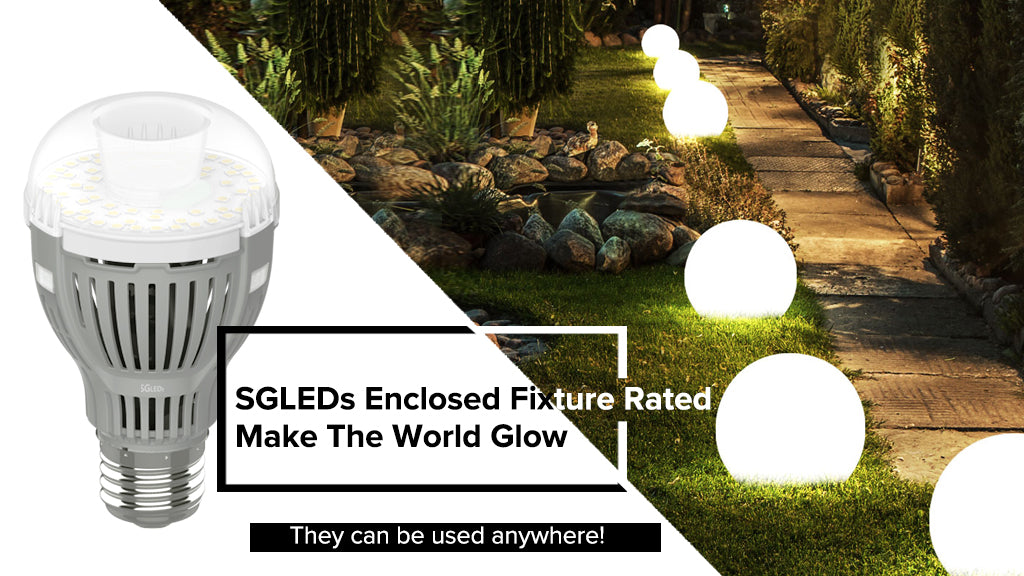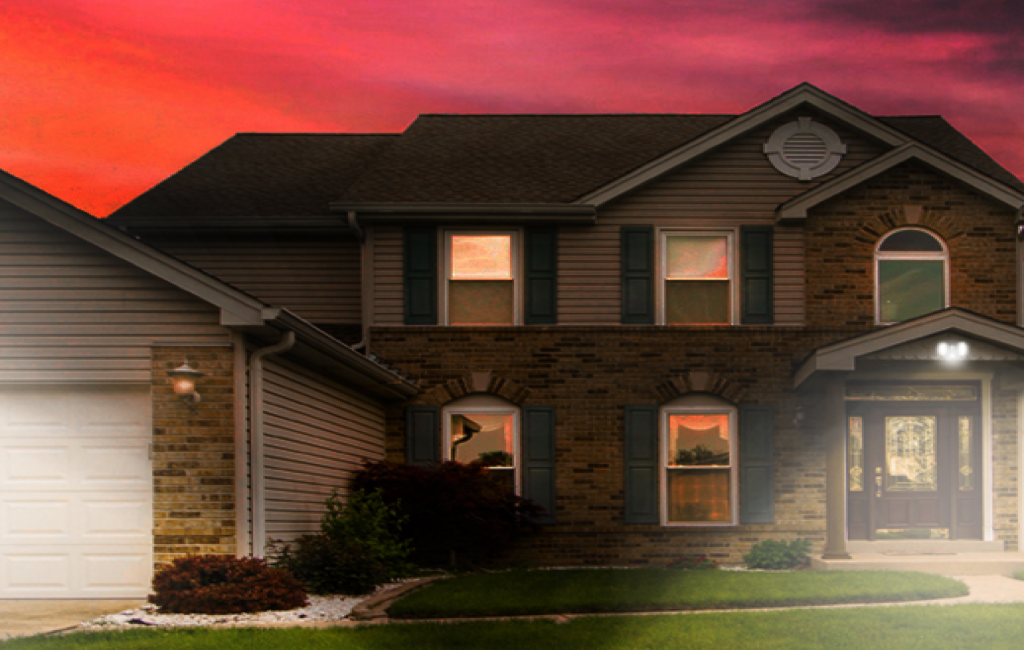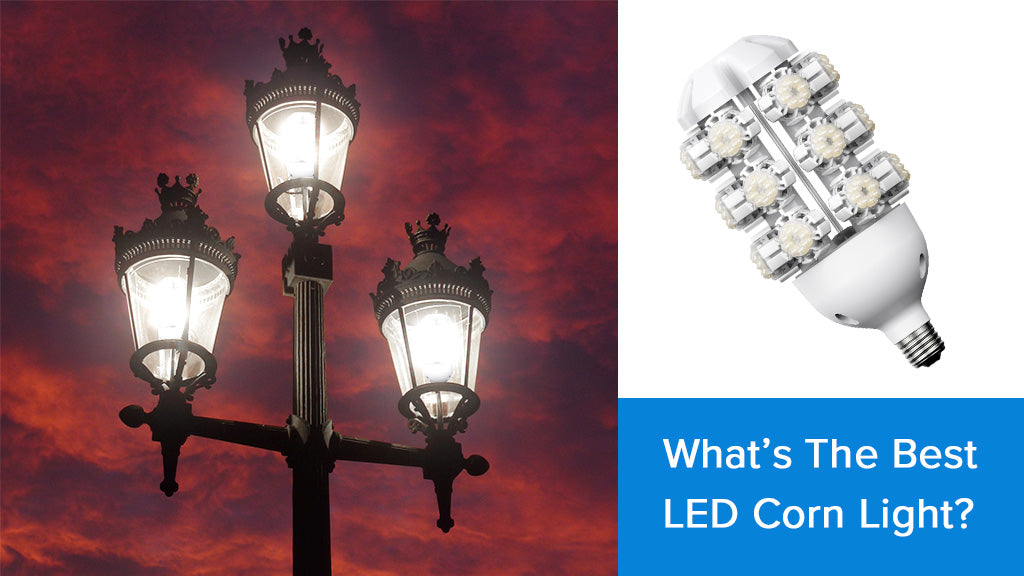
All LED companies are trying to separate themselves from others. The recurring themes of high brightness, energy efficiency, long lifespan, CRI color temperature, etc have all become buzzwords surrounding LED lights. However, these are all features your LED lights and bulbs should have. So now manufacturers are looking for differential points that can set them apart. The new way for LED companies to set their LED lights or bulbs apart is their heat dissipation efficiency. This is because superior heat dissipation can lead to a whole heap of benefits.
What Are the Benefits of Superior Heat Dissipation in an LED Light?
Essentially heat dissipation is a type of heat transfer. When an object is hotter than other objects within its environment the heat will transfer over to the cooler objects. Although LED lights are well known for not producing heat in the form of infrared radiation and being cool to touch, inside them there is a lot of heat inefficiency. Especially when it comes to semiconductors. If an LED manufacturer can create a way to reduce this unwanted heat, it will improve the overall efficiency and performance of the bulb. When it comes to heat dissipation for LED lights or bulbs, there are three main benefits:
Longer Lifespan: Having highly effective heat dissipation will prolong an LED’s life significantly. This is because LEDs are semiconductor devices and their internal components are made from materials that do not operate well under high temperatures. So the key is to find a way of shifting the heat away from the internal components to prolong the life of the LED.
Safer: Everybody knows a light running at a very high temperature is a safety risk. Especially LED’s at high temperatures. If your home has lights running at lower temperatures, there is much less risk to in one blowing or an accident happening.
Energy Efficient: An LED light with great heat-dissipating qualities will be more energy efficient. Although LED’s do run at lower temperatures than incandescent bulbs, they still have a lot of wasted energy as heat. If the light's heat sinks are capable of removing the heat away from the internal components the LED light will have the capability of using less wattage with the same amount of lumens.
The Use of Ceramics in LED lights

There are a lot of practical uses for ceramic in LEDs. First of all, they’re possibly the best material to use for heat sinks. This is because aluminum replaced copper as the cheaper alternative for heat sinks in LEDs. However, although it is relatively malleable and effective in conducting heat, it’s not that environmentally friendly to dispose of. This is where ceramic comes in! Ceramic is a very cost-productive material to use for heat sinks. This is because it is very easily available, can be printed out into heat sink shapes very easily and only needs the LED chip to be stuck directly onto it. This means using ceramic material for your LED's heat sinks removes the need for PCB boards and thermal adhesives. Ceramic is a great alternative to previously used aluminum as they’re more environmentally friendly and contribute better to the overall heat dissipation of the light.
SGLEDs Use of Ceramic Technology

I discovered this brand recently as their designs and enclosed fixture rating for their bulbs caught my eye. Upon close inspection of the first bulb, I took a good look at the body of the bulb. Not only was it hollow and tough. It was ceramic. I saw that the LED chips were directly attached to the ceramic body of the bulb. There were no extra parts, adding to the bulb’s efficiency. I loved the look and the feel the ceramic body gave these lights and to know that they enable the light to be more efficient and perform better makes me love them more!
If you would also like to purchase some SGLEDs, please click here to their Amazon Store.



